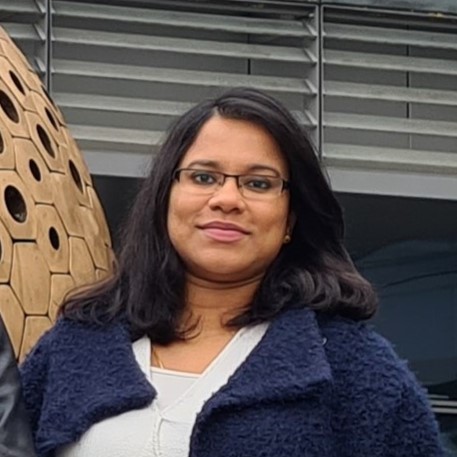Teaching Innovation Awards Winner
Maynooth University








Overview
Maynooth University chemistry department is committed to the highest quality in teaching and learning of practical work. A government-funded (HCI, Human Capital Initiative, Pillar 3), enterprise-supported, multi-partner project is developing blended courses where virtual training supports and reinforces in-lab experiences. Key pillars of this approach are enquiry-based learning, teamwork and development of work-place transversal skills. Irish students are very aware of “developing skills to maximise employability”. The innovation in our initiative is the conscious focus on enabling students to self-identify achievements, to see attainment of key technical and generic skills as facilitators of employability and markers of success independent of end-of year-results. By clearly signposting skill development as a series of ‘micro-skills-learning- opportunities’, and by giving regular rewards in the form of badges our students were incentivised to complete the associated activities.
This initiative was piloted with an organic chemistry module for students in the second of their four-year programme was supported by a Maynooth University Teaching and Learning Fellowship. It required consultation sessions, information sharing and cooperation between student, demonstrator, technical and academic stakeholders, and the availability of appropriate digital tools. Our students are very familiar with Moodle (VLE used in Maynooth) and its embedded Badges platform allowed us automate badge award.
Literature on badging approaches in chemistry is largely confined to small class sizes, or a single technique as the pedagogy is often assessment heavy. In contrast, we approached badging as a vehicle for autonomous learning, signposting skills to be mastered, and rewarding engagement. Digital badges were created for ten designated skills, the vast majority of our class of 181 students were motivated to collect these clearly indicating they found them educationally valuable.

The technical skill/core competency development opportunities identified for badging were explicitly sign-posted in the margin of the laboratory manual. Skills and award criteria were considered at module and not individual experiment level so activities which increased in complexity across the module were badged upon completion of more than one experiment. Pre-lab and post-lab assignments were loaded on the Moodle course page as usual with no additional assignments for this project. Badging criteria involved graded (quiz and LearnSci LabSims) and non-graded pre-lab work (e.g. in-house experiment videos), a post-lab report grade was also required. Integration of Moodle Badges and all assignments on one platform facilitated seamless, automated badge transfer to students’ Moodle profiles when all criteria were met. Openbadges.me or Badgr.com were the digital tools for badge design, back-packing and sharing.

The window remains open, however, early student feedback (n=40) is strikingly positive:
- Badging was a positive feature of the module (95%), and an effective way to highlight practical skill development (90%)
- In-manual skill signposting was highly valued (90%)
- Badging helped recognition of technical (90%) and report writing skills (87%) as independently important
- Badging increased awareness that skills acquired within the module can improve competency for employment (95%)
As evidenced in their engagement and feedback responses this initiative, focusing on and regularly rewarding micro-skills developed within the programme is viewed by participating students as positively impacting on their education and we are currently extending this initiative with third-year students.